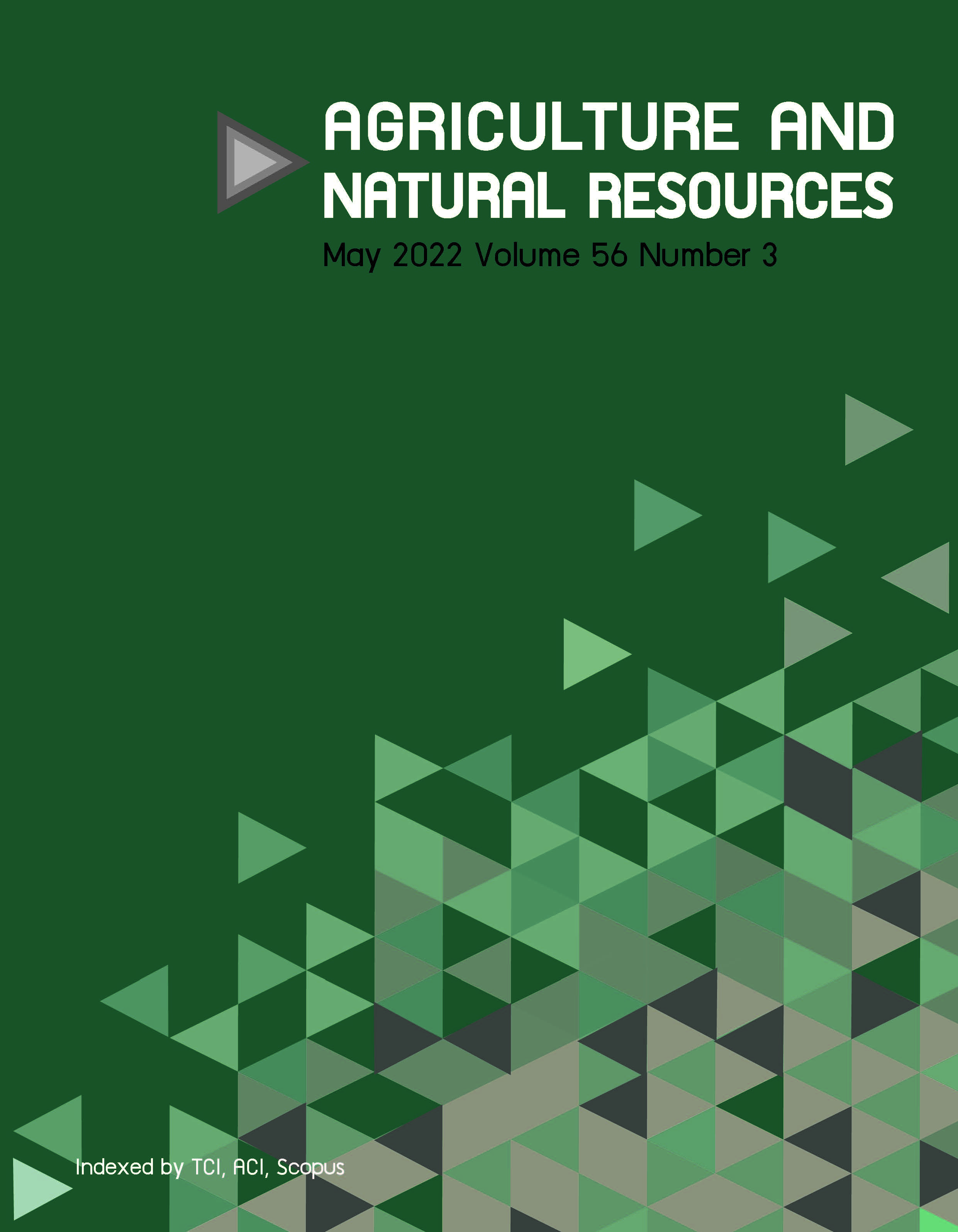Cases of Climate-Smart Agriculture in Southeast Asian highlands: Implications for ecosystem conservation and sustainability
Keywords:
Climate change adaptation, Climate change mitigation, Food security, Highland agriculture, Sustainable development goalsAbstract
Importance of the work: Over time, the world’s atmospheric concentration of greenhouse gases (GHGs) has increased as a result of human activities. Climate change is expected to affect agriculture in regions with poor and limited resources. For highland people’s livelihoods, land resource limitations are constraining the indigenous agricultural systems. Climate-Smart Agriculture (CSA) is a new way of describing practices to achieve triple wins: improve productivity and incomes, support climate change adaptation and reduce or remove agricultural emissions of GHGs.
Objectives: CSA was reviewed as knowledge integration between traditional farming and modern technology in economic, social and agricultural ecology contexts.
Materials & Methods: CSA case studies produced 88 results including multiple strategies for achieving CSA goals. Data were collected from surveys and focus group discussion regarding the highland smallholder agriculture system in Mae Chaem district, Chiang Mai province, Northern Thailand.
Results: The information collated on 10 CSA strategies should assist smallholder farming systems in particular to achieve CSA goals. The advantages and disadvantages of CSA were identified along with keywords used in this overlap search related to CSA. The remaining challenges were considered along with the issues and challenges of Climate-Smart Agriculture.
Main finding: CSA strategies can lead to ecosystem conservation and sustainability regarding highland agriculture, ethnic groups and the United Nation’s Sustainable Development Goals.
Downloads
Published
How to Cite
Issue
Section
License
Copyright (c) 2022 Kasetsart Universityonline 2452-316X print 2468-1458/Copyright © 2022. This is an open access article under the CC BY-NC-ND license (http://creativecommons.org/licenses/by-nc-nd/4.0/),
production and hosting by Kasetsart University of Research and Development Institute on behalf of Kasetsart University.







